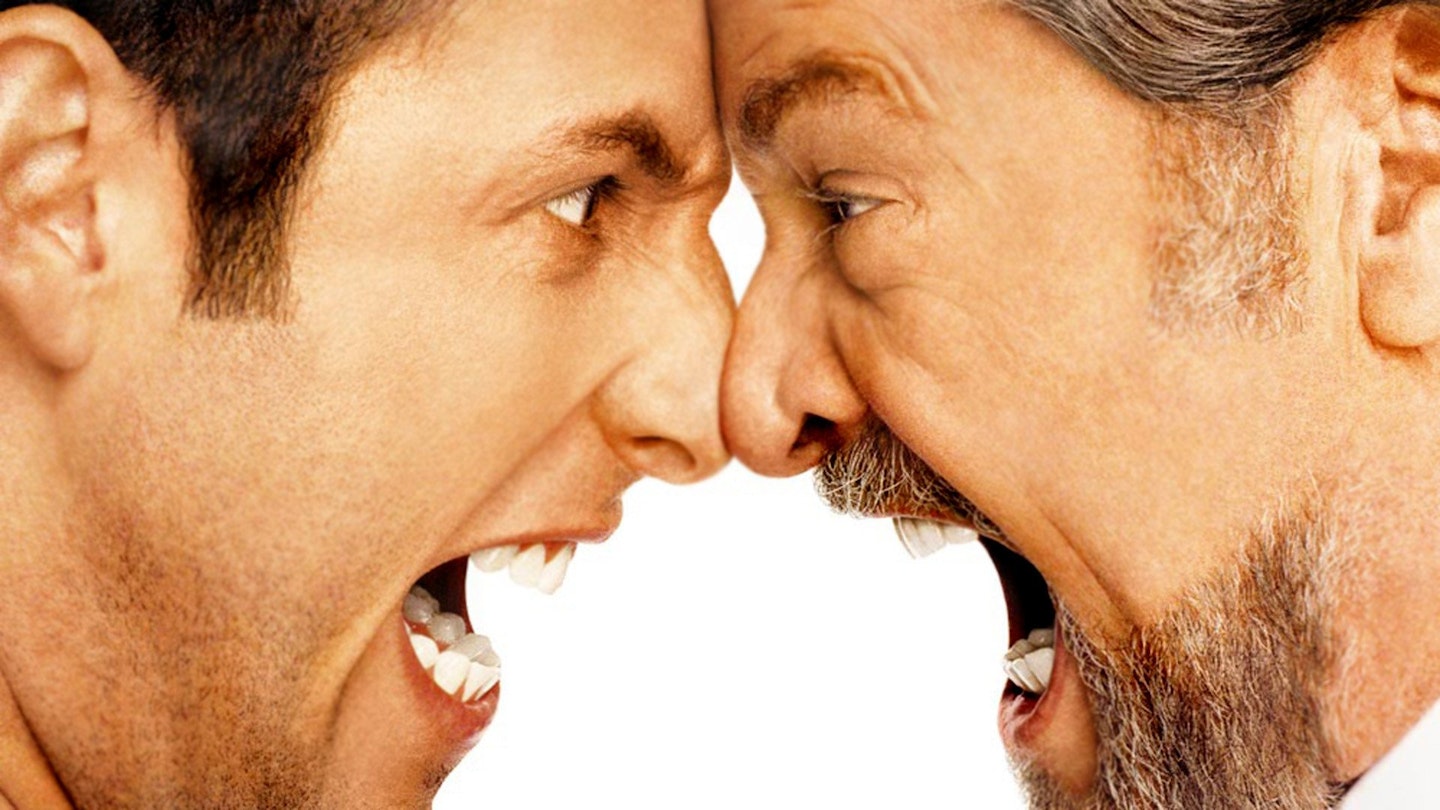Like a visit to the dentist or an overdue tax demand, the arrival of a new Adam Sandler film is something that strikes fear into the hearts of many - especially the discerning cinemagoer who finds his brand of humour too broad to swallow.
With a track record that includes Mr. Deeds, Little Nicky and Eight Crazy Nights, it's easy to see why there are plenty who feel this way. But while Sandler has more than a few turkeys under his belt, it's unfair to assume he's incapable of making a good film. After all, The Wedding Singer was an enjoyable hit, and his creepy turn in Punch-Drunk Love showed that he's capable of ditching his trademark goofiness.
Such is the case with Anger Management, which, while not without its flaws, is far more watchable and entertaining than the films that gained Sandler his reputation in the first place. At the very least, the fact that it shot past the $100 million mark in the US after three weeks on release, dragging American cinemas out of their wartime doldrums, suggests he must be doing something right.
That said, the film's success doesn't so much hinge on Sandler's pratfalls as on his screen relationship with Jack Nicholson - and it's here that Anger Management hits its stride. From the genuinely hysterical airborne opening sequence - in which Sandler's simple request for a pair of headphones taps brilliantly into the paranoia of travelling in such security-conscious times - to the many other set-pieces in which the two share the screen, this is an inspired partnership that works far better than anyone ever had a right to expect.
It's hard to imagine anyone other than Nicholson playing the unorthodox doctor. Rydell is a grotesque creation whose methods to cure his patient of his so-called "mood swings" include moving into his apartment, making inevitable moves on his girlfriend (Tomei) and, in one instance, encouraging Dave to sing songs from West Side Story in the middle of a crowded New York highway.
Sandler, for once upstaged by somebody more over-the-top than himself, is in more restrained form than usual (although it would be hard to be anything but, given he has Nicholson's frantic mugging to contend with). As such, he makes for a splendid foil, looking slightly bemused throughout but bagging enough one-liners to hold his own against his co-star. This is the kind of buddy picture where everybody - not least the two stars - seems to be enjoying themselves, something that is obvious from the first moment that Sandler and Nicholson are together on screen. It's unfortunate, then, that the pair's relationship is at the expense of everybody and everything else, with a superb supporting cast - that includes Luis Guzman, Woody Harrelson and John Turturro as Sandler's "anger buddy" - given far too little to do.
Tomei, as the romantic interest, is also underused. And while screenwriter Dorfman wrings enough laughs out of the script, he never realises the full potential of his dark premise, opting instead for a storyline that never quite answers the question of whether Sandler really has anger management issues or not.
The ending feels lame, presumably in an effort to give audiences their feel-good fix but, as crowd-pleasers go, this delivers the goods and it won't do Sandler's reputation any harm. Besides, any film that features John C. Reilly as a sadistic Buddhist monk is likely to bring a smile to the face of even the aforementioned "discerning cinemagoer".
